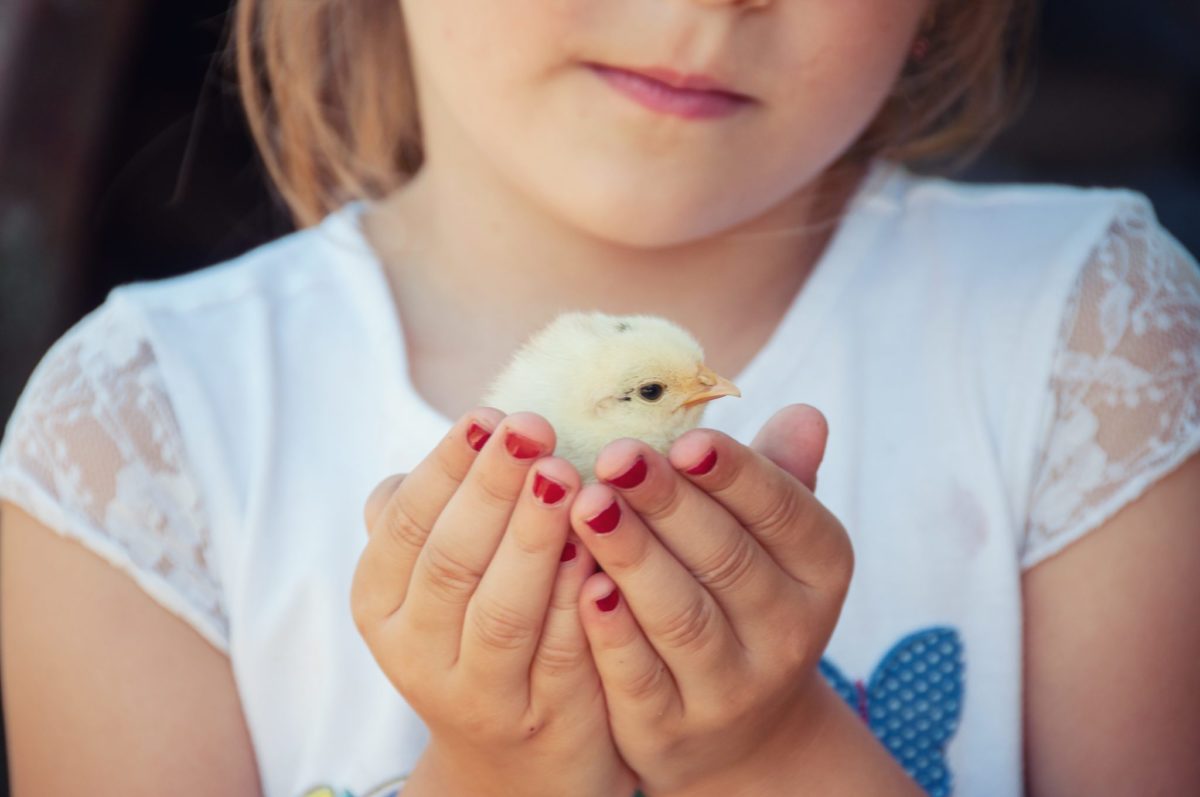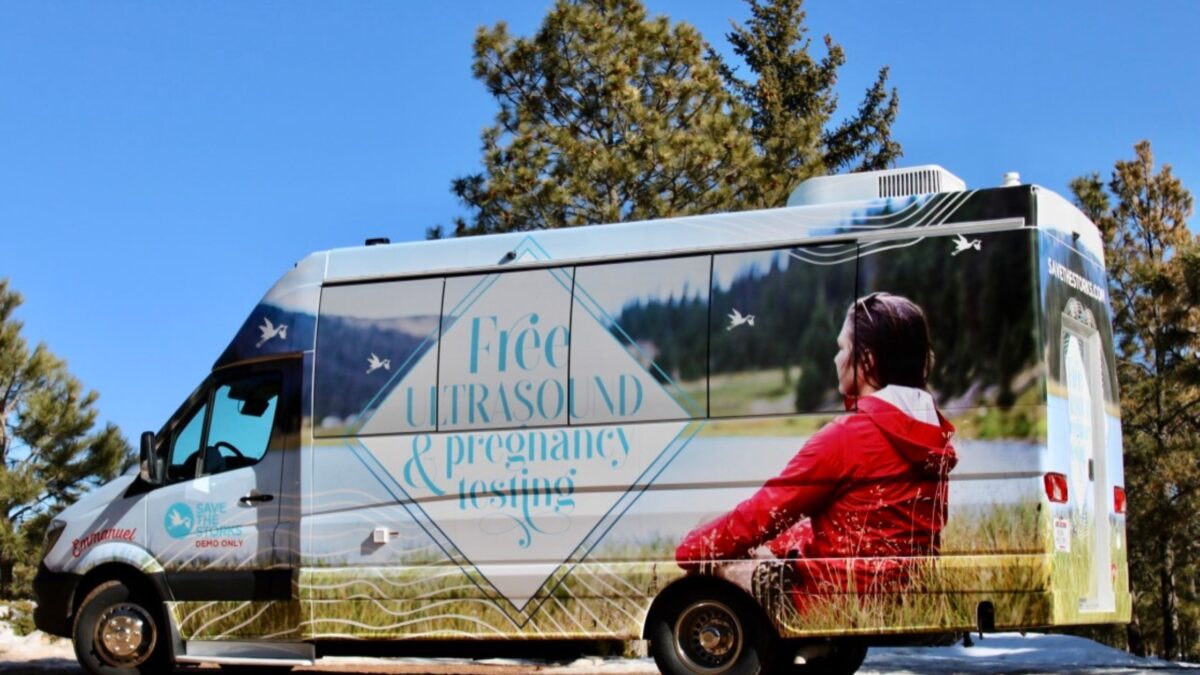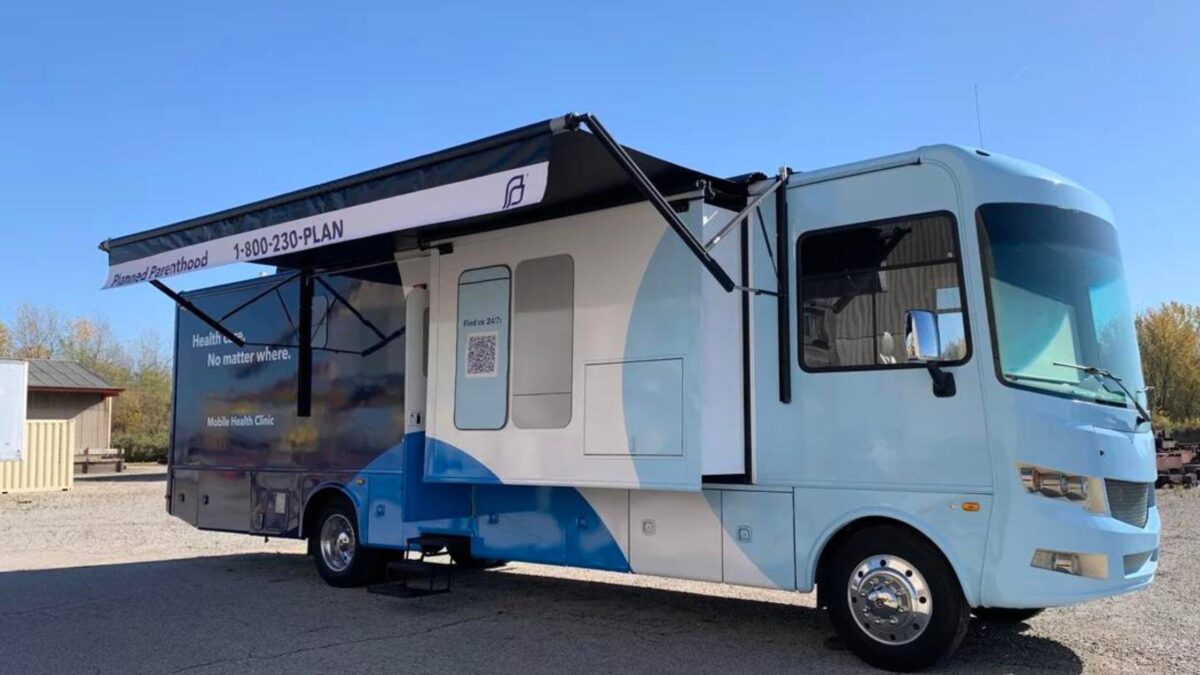In the United States, it is against the law to intentionally destroy the egg of a bald eagle.
It’s true. Under the Bald and Golden Eagle Protection Act of 1940, deliberately destroying – or even disturbing – a bald eagle’s egg is punishable by a maximum $5,000 fine and up to a year in prison.
Also in the United States, it is legal in all 50 states to intentionally destroy an unborn human child, leading to upwards of one million babies being aborted every single year. In eight states, it’s even legal to have or perform an abortion through the ninth month of a woman’s pregnancy. Around 13,000 children are aborted through these late-term procedures annually.
Sadly, this inconsistency is all-too-common across our nation.
For example, in Florida, destroying sea turtle eggs could net you prison time and a fine of up to $100 per egg. In that same state, it’s perfectly legal to abort a human child up until the 24th week. By that time, the baby will have had a detectible heartbeat and brain activity for more than four months, it has its own unique set of fingerprints, and is considered viable outside of the womb.
This incredible and illogical dichotomy has never been clearer than in a recent CNN article I came across, detailing that scientists are getting closer to being able to infuse animal embryos with human cells.
Led by Dr. Jun Wu, the project’s aim is to create an animal (in this case, a pig) that can grow and carry functional human organs, which can then be harvested for people who need transplants. But ironically, the project hit an ethical snag when people began questioning whether inserting human cells into a pig “humanizes” the animal, thus granting it – and, potentially, even its offspring– human rights.
Here’s a short excerpt from CNN’s story:
“In these new experiments, human cells are being introduced at a much earlier stage of development, when the cells are still sorting themselves out within the embryo.
“In particular, people were concerned about human cells populating the brain of the animal or the germline of the animal,” Wolinetz said. In the first case, the animal might be humanized; in the second case, the animal might pass human genes on to its offspring.
As Hyun frames it, the ethical question is this: “If you up the biological contribution of the human stem cells, are you also somehow turning them morally into a human-like thing with human rights?” He noted, though, “It’s so difficult to know how you would actually address that.” It’s not measurable.”
Let’s take a moment to recap what we’ve learned.
On the one hand, an animal that is infused with a limited number of human cells may be “humanized” to the point where we must consider whether harvesting its organs for the benefit of actual human beings crosses an ethical line.
On the other hand, a living, unborn human child, whose cells, DNA and organs have all been human to begin with, can be legally aborted – in some states, even well past the age of viability.
By this logic, an animal with some human parts is now more valuable than a human being with all human parts – a basic contradiction that simply doesn’t hold up.
But this ethical dilemma doesn’t just post a conundrum for abortion supporters; it also presents those of us who call ourselves “pro-life” with some hard questions about what that truly means, and whether we’re doing enough to defend it.
For example, if a pig can be humanized with just a few human cells, then is a fully human child in the first trimester somehow less human because he is underdeveloped?
If an animal with limited human cells has rights, then does a fully human unborn child, made entirely of human cells, lose those rights because she is developing with Down syndrome?
Or because she was conceived in rape?
If an animal with trace amounts of human DNA has the right to keep its own organs, then can a human being suddenly become less human because they are sick? Or old? Or disabled?
And if a human child’s life is so invaluable before he is born, how can we, as pro-life advocates, better support life after birth?
It’s interesting to note that Wu’s project is centered around growing organs to help save human lives – lives deemed so important that they’re worth millions of dollars in research, countless hours on scientific experimentation, and detailed explainers on CNN.
This mere fact alone proves the inherent and instinctually understood value of life, and challenges us all to dig deep within ourselves, and consider what it truly means to be human.













